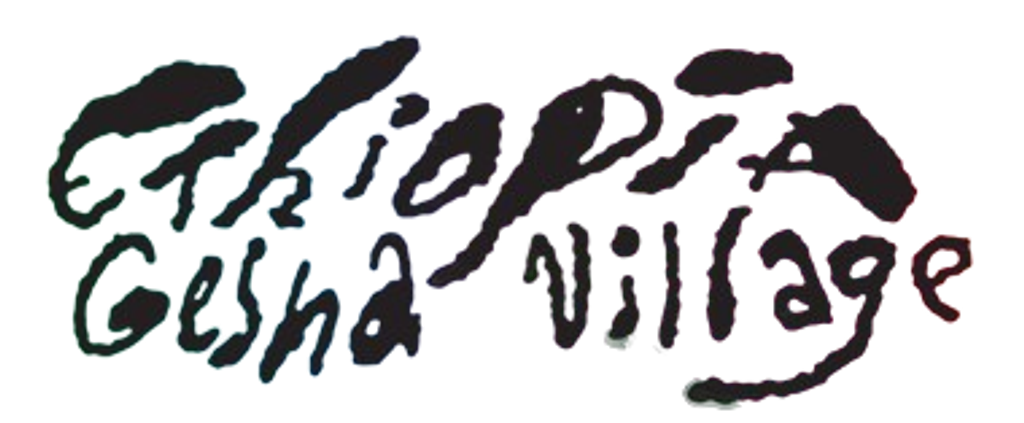
Ethiopia Gesha Village
Gesha as a variety is easy now to associate with Colombia, with Panama -these countries are producing some of the most complex, beautiful Geshas that are taking over the championships and highlighting just how impressive a coffee can be. The true origin of the Gesha however, is Ethiopia. The Gesha Village project was dedicated to returning the Gesha variety to its glory in Ethiopia and reviving production of the worlds best coffee. The Gesha Village Coffee Estate is a 471-hectare farm sitting at 1930 - 2040 masl that has been built from the ground up for 11 years; harvesting prized stock from the Gori Gesha forest, and bringing it to the Gesha Village Estate, then cultivating the highest quality crops has been their mission.

